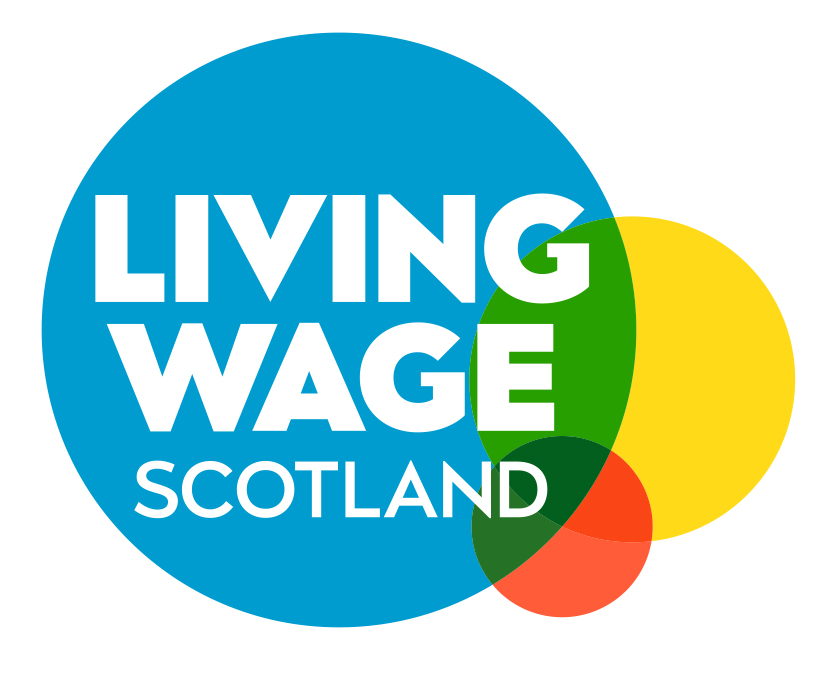by Peter Kelly, Director, The Poverty Alliance.
A just Scotland where every worker’s wage meets their everyday needs – that’s goal of the real Living Wage movement.
In 2007, The Poverty Alliance joined other anti-poverty groups, trade unions, business leaders, and community groups to launch the Scottish Living Wage Campaign.
We had taken inspiration from London Citizens a broad-based alliance that launched the call for a living wage in April 2001.
They made a powerful argument that still holds today – low pay comes at a huge cost. It’s simply not right that people in working households are left to deal with the huge impacts that come from struggling on a low income – on health, education, parenting, family life, and community life. With a real Living Wage, workers could begin to thrive, rather than just survive. The first UK Living Wage rate was launched by the Living Wage Foundation in 2011 and the Living Wage accreditation scheme was established to celebrate employers choosing to go further than the government minimum.
Living Wage Scotland was launched in April 2014 with the aim of increasing the number of employers in Scotland who are recognised for paying their staff the real Living Wage. Established by The Poverty Alliance, Living Wage Scotland works in partnership with the Living Wage Foundation and is funded by the Scottish Government.
At that time, the real Living Wage in Scotland was calculated at £7.85 an hour. It’s now £12 an hour.
That £12 represents more than just a number. It’s carefully and independently calculated to ensure that it covers the essentials of people’s lives. In the middle of a costs crisis, that is more important now than ever. For many workers, it could represent the difference between getting by, or going under.
Paying the real Living Wage can be a challenge for some employers, but more employers are recognising the business benefit and social value of this investment in their workforce. More than 3,400 businesses and organisations that are now accredited as Living Wage employers in Scotland. They are leaders who should be commended for voluntarily taking a stand to ensure their workers can earn a wage that’s enough to live on.
They are taking us on the path to a new kind of economy in Scotland, that has community wellbeing and shared prosperity at its heart. A strong foundation for a sustainable Scotland, free from poverty, with social, environmental and economic justice for all.
And they recognise the clear and undoubted benefits of committing to the real Living Wage, in terms of improved reputation, staff turnover, and staff morale.
There is still a distance we need to go together to reach the just Scotland we all want, but the continued growth in Scotland’s Living Wage movement shows we can get there. Many real Living Wage employers are now taking further steps, by – for example – signing up to Living Hours commitments that provide greater security to workers on flexible hours.
It’s that kind of action that gives me optimism for the future.

